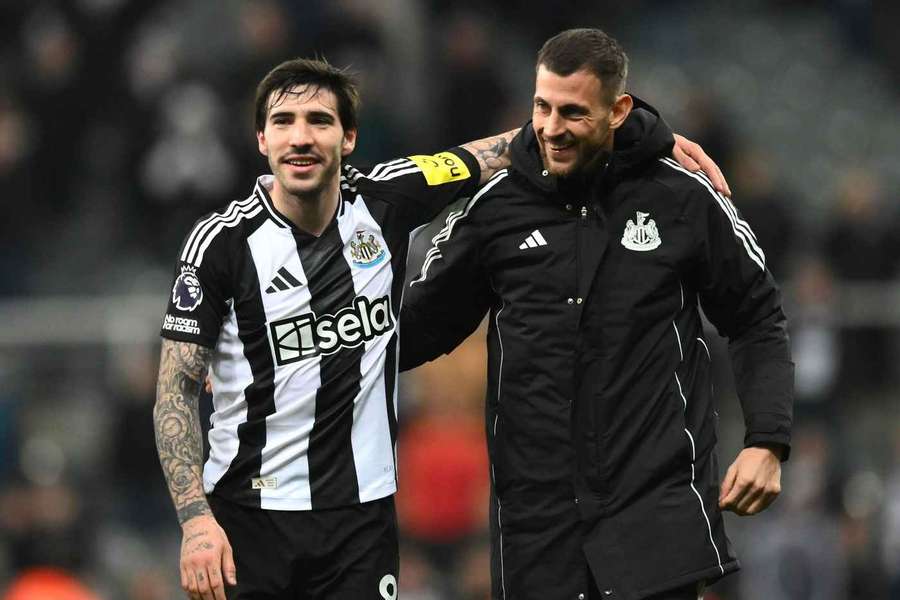TOP NEWS
TRANSFER WINDOW
MORE TRANSFER NEWSTRENDING FOOTBALL NEWS
Ruud Gullit slams Chelsea, says issues persist 28 years on
Jesper Moller promoted to vice-president within UEFA
Van Nistelrooy on relegation: Mathematically, it’s not over and we have to keep going
Nuno Espirito Santo on Aina: He is going to be out for a while, we are going to miss him
Potter on Fullkrug: He's unique, intelligent, you can see what he brings to the team
PREMIER LEAGUE
MORE EPL NEWSMANCHESTER UNITED
MORE MAN UTD NEWSLIVERPOOL
MORE LIVERPOOL NEWSARSENAL
MORE ARSENAL NEWSLALIGA
MORE LALIGA NEWSREAL MADRID
MORE REAL NEWSATLETICO MADRID
MORE ATLETI NEWSSERIE A
MORE SERIE A NEWSBUNDESLIGA
MORE BUNDESLIGA NEWSBAYERN MUNICH
MORE BAYERN NEWSBORUSSIA DORTMUND
MORE BVB NEWSBAYER LEVERKUSEN
MORE LEVERKUSEN NEWSMOST RECENT
FIFA president Infantino: I hope we bring back Russia in the football landscape
Prem trio interested in Elfsborg defender Yegbe
Grealish reveals he dedicated his goal to his brother on the anniversary of his death
Galatasaray vice-president demands Fenerbahce take action against Mourinho
Keane suggests Fernandes is not the perfect captain at Man Utd as tensions rise
